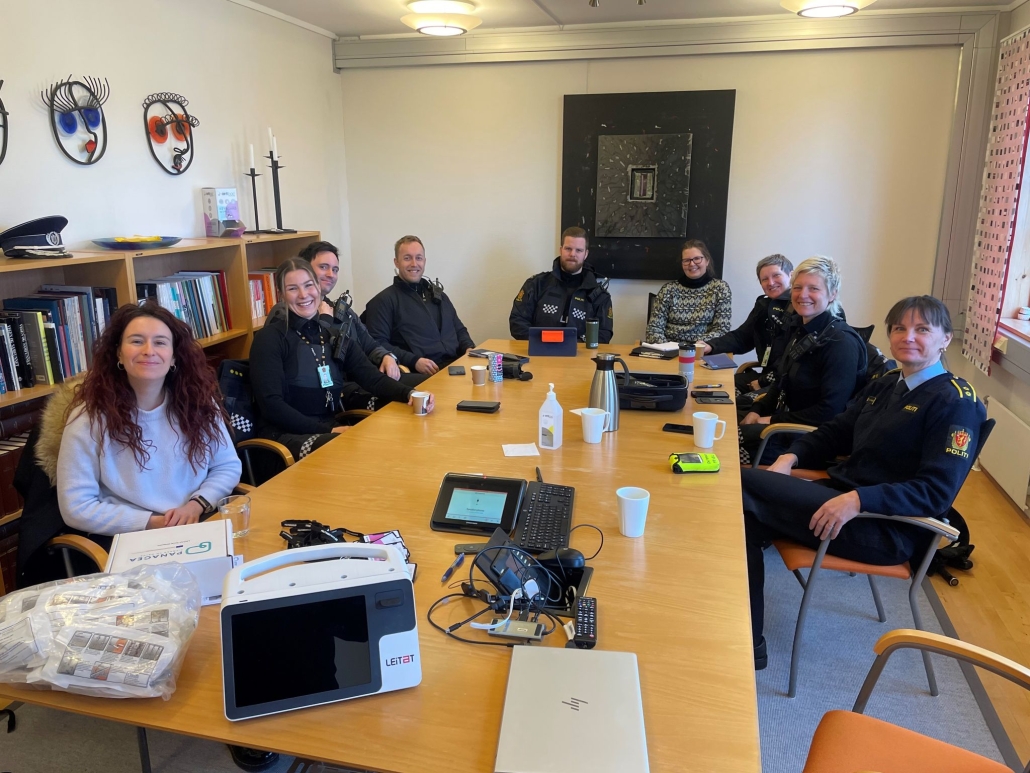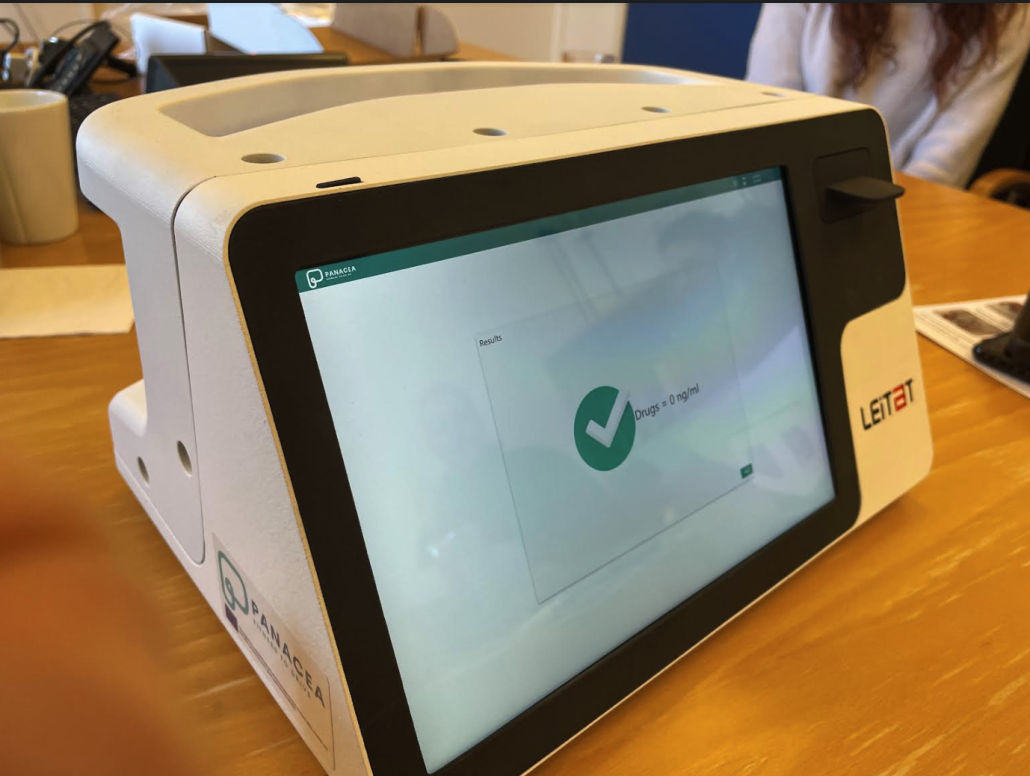Here is an overview of events where members of the PANACEA project team have presented our research:
European Commission’s H2020 RTR, February 2023
At this conference of EU funded road transport research, PANACEA was delighted to have been invited to take part in a session on safety together with the EU-funded VIRTUAL and iDREAMS projects. PANACEA’s project partner, ETSC, was able to present the work carried out in the project so far and the ambitions for the future.
https://rtrconference.eu/
TRA, November 2022
TRA is one of Europe’s biggest Research and Technology Conference on transport and mobility. In November 2022, PANACEA teamed up with its sister Horizon 2020 project, FitDrive, to co-organise a session on human-centred countermeasures for impaired driving in commercial drivers. There were presentations from PANACEA partners VTI, Loughborough University and Virtual Vehicle, and presentations from FitDrive partners ITCL Technology Centre and Roma Tre University.
https://2022.traconference.eu/
Humanist Summer School, September 2022
Two PANACEA project partners, Deep Blue and VTI were at the Humanist Summer School held in Vienna in September 2022 presenting work related to the PANACEA project. Anna Anund (VTI) gave a presentation on ‘Assessing physical & cognitive ability to drive in professional drivers’ and François Brambati (Deep Blue) presented on ‘The meaning of human factors within your academic discipline or in your line of work’. Both presentations can be found here.
https://www.humanist-vce.eu/major-activities/summer-school/vienna-2022
TIS Roma, September 2022
TIS Roma aims to promote knowledge of new trends in mobility systems and transport infrastructures. PANACEA partners from Sapienza University in Rome took the opportunity to present the PANACEA project at this conference.
https://tisroma.aiit.it/
Beyond Expo, September, 2022
Technologies being used in the PANACEA project were showcased at the Beyond Expo held in Greece in September 2022. Beyond Expo is an opportunity for technology leaders, decision-makers and the industry’s game changers to meet up and present cutting-edge ideas and products.
https://www.beyond-expo.gr/beyond-2022/
International Exhibition of Thessaloniki, September 2022
The International Exhibition of Thessaloniki, an event attended by ministers, was another opportunity to demonstrate some of the technologies that will be used in the PANACEA project including the Optalert fatigue glasses and the BACtrack Skyn, a wrist-worn device for measuring alcohol.
https://thessalonikifair.gr/en/212363-visitors-86th-tif-visitor-numbers-returned-pre-pandemic-levels-and-exploded-comparison-2021
7th International Conference On Traffic And Transport Psychology (ICCTP), August 2022
Dr Fran Pilkington-Cheney from Loughborough University presented a poster at this conference – Real-world measurement of driving impairment – based on work she had been doing for the PANACEA project. A copy of the poster is available on our website here.
https://www.icttp7.se/


